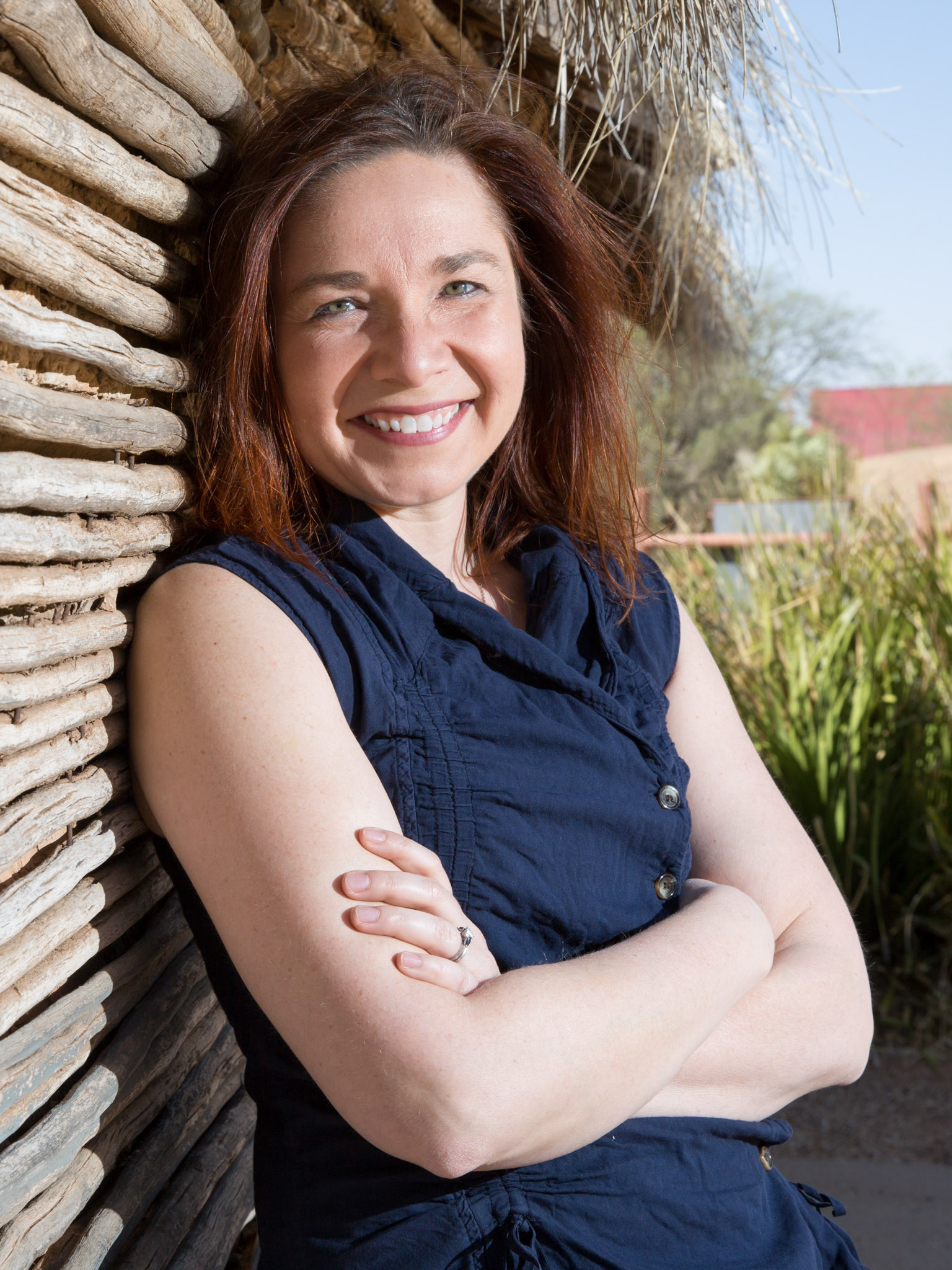Katharine Hayhoe began her career with a B.Sc. in physics and astronomy from the University of Toronto. In her studies, she learned that climate science was based on the same basic physics – thermodynamics, non-linear fluid dynamics, and radiative transfer. Even more importantly, she learned that climate change isn’t just an environmental issue – it’s a threat multiplier. Heyhoe switched gears and headed to the University of Illinois at Urbana-Champaign to work on an M.S. in atmospheric science, where her master’s research focused on understanding human and natural sources of methane and quantifying the contribution of methane and other non-CO2 greenhouse gases to emission reduction targets.
In 1997, she founded ATMOS Research, where I worked for many years to bridge the gap between scientists and stakeholders to provide relevant, state-of-the-art information on how climate change will affect our lives to a broad range of non-profit, industry and government clients. Over the years, she worked with a broad range of organizations, from Austin Water to Boston Logan Airport, to assess the potential impacts of climate change on their infrastructure and future planning. Hayhoe is the author of A Climate for Change: Global Warming Facts for Faith-Based Decisions, a book that untangles the complex science and tackles many long-held misconceptions about global warming.
Today, Hayhoe is the Chief Scientist for The Nature Conservancy, a Paul Whitfield Horn Distinguished Professor, the Political Science Endowed Chair in Public Policy and Public Law in the Department of Political Science at Texas Tech University, where she is also an associate in the Public Health program of the Graduate School of Biomedical Sciences. She is also a principal investigator for the Department of Interior’s South-Central Climate Adaptation Science Center and the National Science Foundation’s Global Infrastructure Climate Network. Her research currently focuses on establishing a scientific basis for assessing the regional to local-scale impacts of climate change on human systems and the natural environment. She analyzes observations, compares future scenarios, evaluates global and regional climate models, builds and assesses statistical downscaling models, and constantly strives to develop better ways of translating climate projections into information relevant to agriculture, ecosystems, energy, infrastructure, public health, and water resources. To date, her work has resulted in over 125 peer-reviewed papers, abstracts, and other publications and many key reports. In addition, She led climate impact assessments for a broad cross-section of cities and regions; the findings of these studies have been presented before Congress, highlighted in briefings to state and federal agencies, and used as input to future planning by communities, states, and regions across the country. Hayhoe frequently gives public talks on climate science, impacts, communication, and faith.

